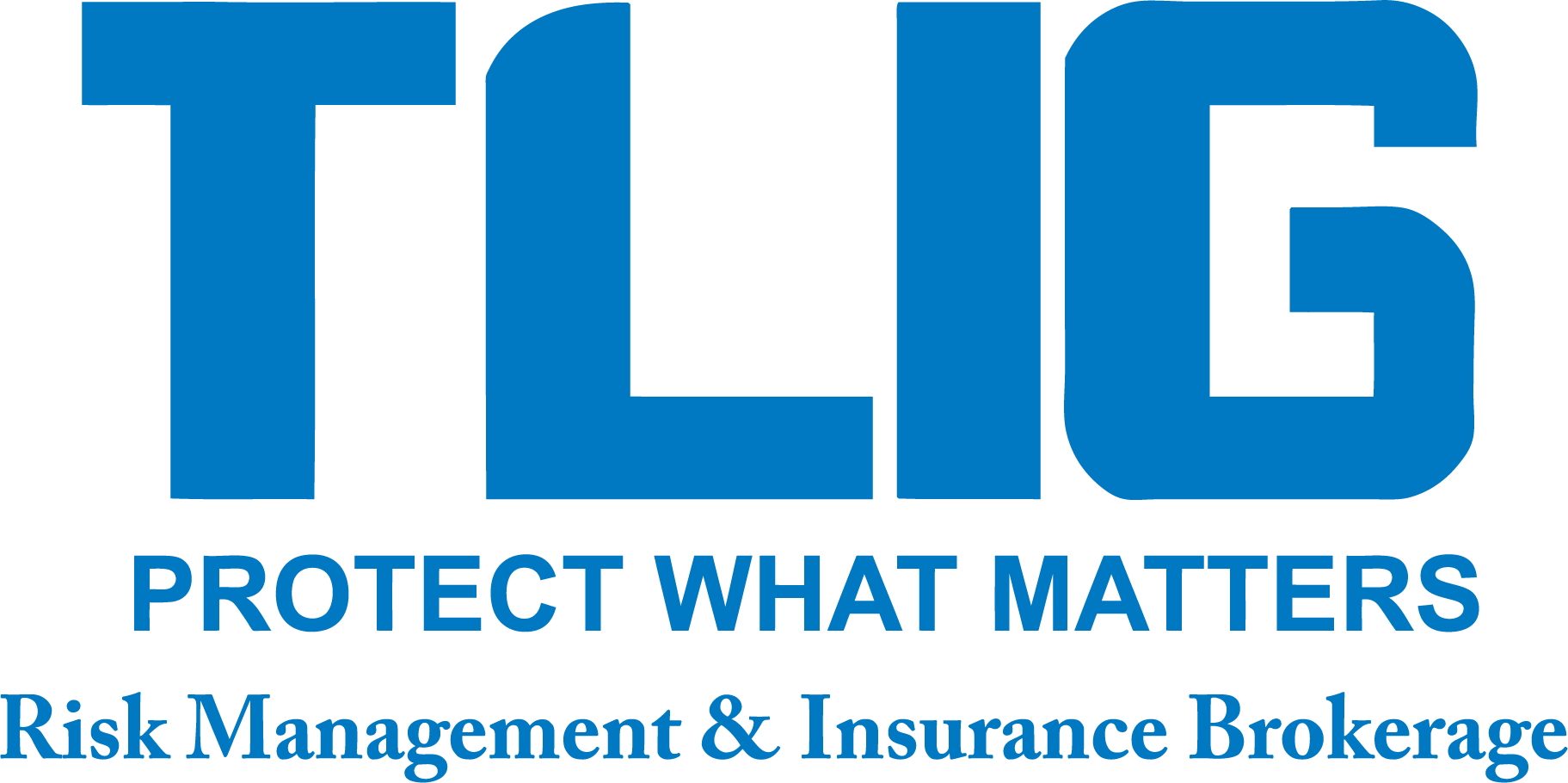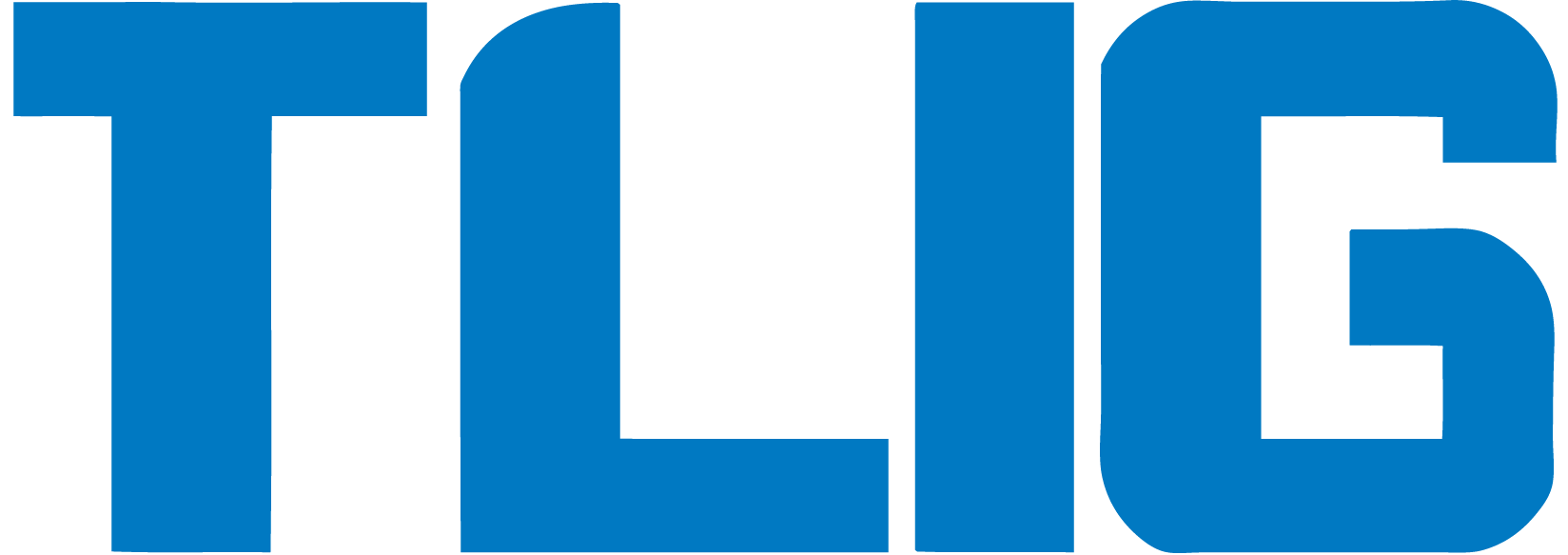In the throes of an economic recession, millions of consumers today are cutting back on discretionary spending—and are even tightening up on the necessities. Now is an excellent time to review your insurance coverages with your independent insurance agent to find ways to cut costs while still protecting your family or business.
The premiums paid for insurance are a tremendous value. For instance, for the cost of several hundred dollars annually, a homeowners insurance policy provides a family with the means to rebuild its home and reimbursement for the cost of temporary housing should the home be destroyed in a fire.
To consider how to cut expenses, it’s helpful to take a step back. Consider anew what insurance premiums are paying for the transfer of risk. Insurance is a unique tool that allows consumers and business owners (through a financial transaction and a legal contract) to transfer risk from the consumer or business owner to the insurance company. If you transfer less risk—either by reducing the risk overall, or retaining more of the risk yourself—the insurance carrier will charge less.
Your insurance professional can help you consider two important questions if you want to cut costs on insurance:
1. What risks might I be paying to insure that I can assume myself?
The risk profile of a family or business changes over time. It’s important to share with your agent if the family or business situation has changed recently.
One thing that changes is the financial risk a family faces as children are born and grow. Parents of newborns face a lot of financial risk, since they face 18-plus years of raising that child and, for many, paying for a college education. Life insurance is the common way to protect against the risk of a parent dying while a child is in school. Yet, when the child graduates, a parent might reduce the amount of life insurance they own—and thereby reduce the amount of premium they pay. Inform your insurance agent if these changes are occurring for you.
For homeowners insurance policies, the first place to look to trim expenses is the deductible, which is the amount of money the policyholder must pay before the insurance company starts to pay a claim. The higher the deductible, the lesser the premium will be for the policy. A consumer with a $500 homeowners deductible can save as much as 25 percent by raising it to $1,000, reports the Insurance Information Institute. A policy with a higher deductible is less likely to have claims, in part because consumers that bear more risk tend to be more careful and have fewer claims.
Auto insurance customers can ask their insurance agent about whether they can save money on state-required PIP (personal injury protection) coverage, if applicable in your state. If you have already have health coverage, you may be able to keep only a minimum level of PIP—but it’s important to consider state requirements and whether your health insurance company will allow this.
2. Have I taken advantage of all the discounts offered?
The market for personal lines insurance is highly competitive. This has kept costs down: Homeowners/tenants insurance costs increased by about 17 percent between 1999 and 2008, compared with a 57 percent increase in the cost of repairing household items and a 50 percent increase in legal services, according to the U.S. Bureau of Labor Statistics.
Auto insurance carriers offer special programs that help consumers keep a lid on costs. Ask your insurance agent about discounts for having a homeowners and auto policy with the same carrier; for maintaining a claim-free record for consecutive years; for low-mileage drivers; and for young drivers who keep good grades.
For older vehicles, consider dropping collision coverage. Since auto insurance claims occur about once every 11 to 12 years, it may not be cost-effective to insure a vehicle that is worth less than 10 times the collision insurance premium. (In this case, the claim reimbursement likely would not exceed the premium minus the deductible amount.) Ask your insurance agent what the cash value of your older vehicle is, to help you decide.
One caution: The slump in housing prices has tempted some consumers to cut the amount of insurance on their homes, but that’s a trap. Homeowners insurance should be based on replacement cost, not market value, and many homeowners are already underinsured. Replacement costs continue to grow steadily, year after year, regardless of market values. Your insurance agent can help you determine the proper amount of homeowners insurance for you.
Finally, agent also can help by shopping your insurance needs to a number of insurance carriers. If you haven’t done so in three years, now is a good time to ask if your policies can be reviewed to make sure your pricing is the most competitive available.
TLIG is a local Trusted Choice® agency that represents multiple insurance companies, so it offers you a variety of personal and business coverage choices and can customize an insurance plan to meet your specialized needs.
Visit us online at www.tligins.com or call them at (434) 582-1444.

